INTRODUCTION
Pneumonia is the infection or inflammation of your lung tissues and is one of the most common infections worldwide. It generally occurs due to bacteria, viruses or fungi. With pneumonia, the clusters of tiny air sacs in your lungs get inflamed and gets filled up with fluid.
What are the different types of Pneumonia?
The main types of pneumonia are:
- Bacterial pneumonia– caused by various bacteria, Streptococcus pneumoniae being the most common kind. It usually occurs when your body is weakened by illness, poor nutrition, old age, or impaired immunity, and the bacteria are able to work their way into the lungs. Bacterial pneumonia can affect all ages, but you are at greater risk if you abuse alcohol, smoke cigarettes, are debilitated, have recently had surgery, have a respiratory disease or viral infection, or have a weakened immune system.
- Viral pneumonia– caused by various viruses, including the flu (influenza), and is responsible for about one-third of all pneumonia cases. You may be more likely to get bacterial pneumonia if you have viral pneumonia.
- Mycoplasma pneumonia has somewhat different symptoms and physical signs and is referred to as atypical pneumonia. It is caused by the bacterium Mycoplasma pneumoniae. It generally causes mild, widespread pneumonia that affects all age groups.
- Other pneumonia– may be caused by other infections including fungi.
How do you know if you have pneumonia?
:max_bytes(150000):strip_icc()/pneumonia-symptoms-adult1-5b4f538946e0fb0037a6ca58.png)
The symptoms of pneumonia include:
- Cough (dry or with phlegm which is thick yellow, green, brown or blood-stained)
- Difficulty in breathing
- Rapid heartbeat
- Fever
- Loss of appetite
- Low energy and extreme tiredness
- Sweating
- Shivering
- Chest pain
- Feeling sick or suddenly worse after a cold or the flu
- Bluish color to lips and fingernails
- Confused mental state or delirium, especially in older people
What causes Pneumonia?
Several factors can affect how serious pneumonia is, including the kind of germ causing the lung infection, your age, and your overall health. However, pneumonia might be caused predominantly by viral infections, bacterial infections, or fungi and less frequently by other causes. The most common bacterial type that causes pneumonia is Streptococcus pneumonia. Pneumonia tends to be more serious for children under the age of five, adults over the age of 65, people with certain conditions such as heart failure, diabetes, or COPD (chronic obstructive pulmonary disease), or people who have weak immune systems due to HIV/AIDS, chemotherapy (a treatment for cancer), or organ or blood and marrow stem cell transplant procedures.
How is Pneumonia Diagnosed?
:max_bytes(150000):strip_icc()/pneumonia-diagnosis-5ad8b3386bf069003744f214.png) Your doctor will review your medical history, perform a physical exam, and order diagnostic tests to confirm if you have Pneumonia. This data can also help determine what type of pneumonia you have. If it is suspected that you got your infection while in a hospital, you may be diagnosed with hospital-acquired pneumonia. And if you have been on a ventilator it might be ventilator-associated pneumonia. The most common form of pneumonia is community-acquired pneumonia, that is acquired outside of a hospital.
Your doctor will review your medical history, perform a physical exam, and order diagnostic tests to confirm if you have Pneumonia. This data can also help determine what type of pneumonia you have. If it is suspected that you got your infection while in a hospital, you may be diagnosed with hospital-acquired pneumonia. And if you have been on a ventilator it might be ventilator-associated pneumonia. The most common form of pneumonia is community-acquired pneumonia, that is acquired outside of a hospital.
The following tests may be used to confirm the diagnosis:
- Chest X-ray.
- Blood tests.
- Sputum culture.
- Pulse oximetry.
- Chest CT scan.
- Bronchoscopy.
- Pleural fluid culture.
What are the complications of Pneumonia?
- Respiratory failure, which might need a breathing machine or ventilator.
- Sepsis, that might lead to widespread organ failure.
- Acute respiratory distress syndrome (ARDS), a severe form of respiratory failure.
- Lung abscesses, which might need to be drained with surgery.
How to Prevent Pneumonia?
Although Pneumonia can be very serious and even life-threatening, vaccines can help prevent certain types of pneumonia. You can prevent Pneumonia by maintaining Good hygiene, quitting smoking, and keeping your immune system strong by exercising and by eating healthy.
How is Pneumonia Treated?
The treatment protocol depends on which microorganism (bacteria, viruses, or fungi) is causing your pneumonia symptoms. If it is bacteria, you usually will be treated with oral antibiotics. Most people respond quickly to treatment. If your symptoms worsen you should see a doctor right away. If you have severe symptoms or underlying health problems, you may need to be treated in a hospital. However, It may take several weeks to recover from pneumonia.
You can manage your pneumonia symptoms by following these steps:
- Manage fever with Aspirin, NSAIDs like Ibuprofen or acetaminophen. (Aspirin isn't recommended for kids)
- Intake plenty of fluids to loosen secretions and lose phlegm
- Refrain from taking cough medicines. Coughing indicates that your body is working to get rid of the infection.
- Consume warm beverages, use a humidifier and take steamy baths to open up your airways and to breathe easily.
- Refrain from smoking and let your lungs heal.
- Take plenty of rest
- If you're suffering from severe pneumonia, it is better to get treated at a hospital and take IV fluids, antibiotics, and oxygen therapy.
Upcoming Treatment Options for Pneumonia:
Zerbaxa (ceftolozane and tazobactam) for the Treatment of Hospital-acquired Bacterial Pneumonia & Ventilator-associated Bacterial Pneumonia
The FDA has approved the third indication for a fixed-dose combination of ceftazidime and avibactam to treat adults with hospital-acquired bacterial pneumonia and ventilator-associated bacterial pneumonia (HABP/VABP).
Pneumococcal Polysaccharide Vaccine:CDC recommends pneumococcal vaccination for all children younger than 2 years old and all adults 65 years or older. In certain situations, other children and adults should also get pneumococcal vaccines
Treating Multidrug-Resistant Gram-Negative Bacteria in Community-Acquired PneumoniaCorrect identification of Community-acquired pneumonia (CAP) patients suspected of being infected with MDR Gram-negative pathogens is crucial. Specific risk factors, local ecology, and resistance patterns should always be considered in order to determine adequate empirical antibiotic therapy. Early hemodynamic and respiratory support is critical in these patients since the majority of cases of pneumonia may become a fulminant systemic disease with both respiratory failure and multiple organ dysfunction. The collaboration of a multidisciplinary team (critical care specialists, pneumologist, infectious disease specialists, microbiologists) improves management of the most severe cases. The role of the microbiology laboratory, in particular, is of pivotal importance to determine the antimicrobial susceptibility pattern of the pathogen causing CAP, so that appropriate antibiotic therapy can be initiated as soon as possible, avoiding excessive use of broad-spectrum antimicrobials, which increase the selection of resistant pathogens.
A New Way of Preventing Pneumococcal Brain InvasionAn international team of researchers has identified two receptors on the cells in the blood vessels of the brain that can be blocked and thereby prevent pneumococci from entering the brain. The study shows that the use of antibodies that block the receptors can potentially be used as a new therapeutic strategy for pneumococcal meningitis.
Beating Deadly Pneumonia with HormonesThe researchers at the University of Virginia School of Medicine have identified a key hormone critical for preventing pneumonia bacteria from spreading throughout the body. The hormone, hepcidin, is produced in the liver and limits the spread of the bacteria by hiding the iron in the blood that the bacteria need to survive and grow.
Asthma Drugs could Prevent a Deadly Form of PneumoniaDrugs used to treat asthma and allergies may offer a way to prevent a form of pneumonia that can kill up to 40 percent of people who contract it, researchers at the University of Virginia School of Medicine have found.
Sources: https://www.nhs.uk/conditions/pneumonia/ https://www.nhlbi.nih.gov/health-topics/pneumonia https://medlineplus.gov/pneumonia.html https://www.lung.org/lung-health-and-diseases/lung-disease-lookup/pneumonia/treatment-and-recovery.html https://www.hopkinsmedicine.org/health/conditions-and-diseases/pneumonia https://www.mayoclinic.org/diseases-conditions/pneumonia/diagnosis-treatment/drc-20354210 https://www.lung.org/lung-health-and-diseases/lung-disease-lookup/pneumonia/treatment-and-recovery.html https://www.hopkinsmedicine.org/health/conditions-and-diseases/pneumonia https://www.ncbi.nlm.nih.gov/pmc/articles/PMC6408800/ https://www.sciencedaily.com/releases/2017/05/170517111641.htm https://www.cdc.gov/vaccines/vpd/pneumo/public/index.html https://jamanetwork.com/journals/jama/article-abstract/2675534 https://www.fda.gov/news-events/press-announcements/fda-approves-new-treatment-hospital-acquired-and-ventilator-associated-bacterial-pneumonia https://www.sciencedaily.com/releases/2017/03/170329122616.htm https://www.sciencedaily.com/releases/2017/02/170222105250.htm









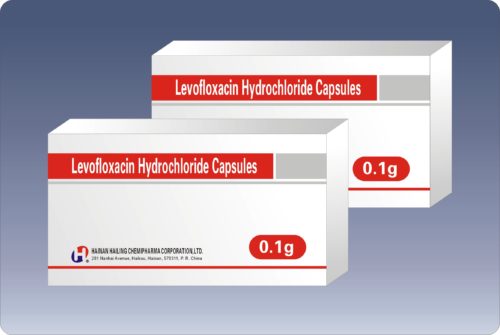
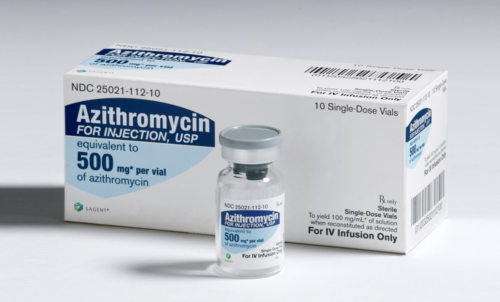

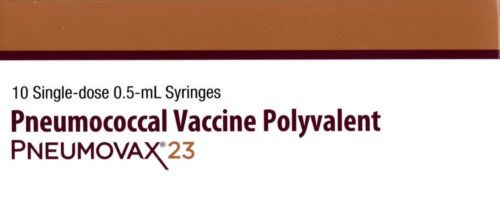
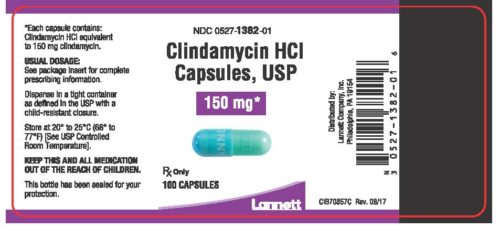
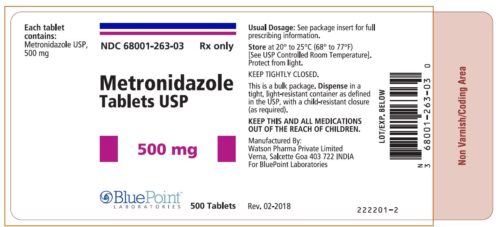
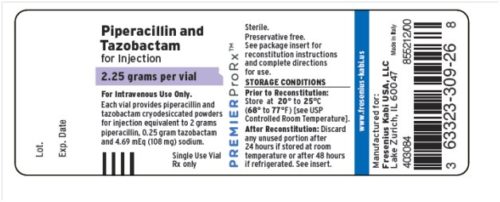
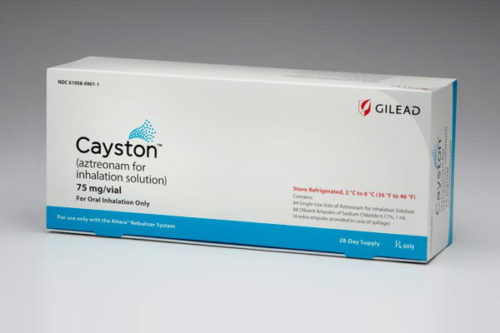

Leave a Reply